Recently, a friend of mine asked an open question about tips for managing your time. Today’s engineering roles often come with many demands on your time and attention, but very little guidance on how to navigate things. I gave some thoughts on Ann Daramola’s question, and they seemed to resonate with people. So as usual, I figured I should write it down somewhere people can see.
Question: Did you receive any training for working with JIRA tickets as a developer? Basically, how did you learn to manage your day-to-day work when you first started out in your corner of the tech industry?
My Answer:
Developers rarely get "training" on anything. What sometimes happens is that you just join a team that has a workflow already and you just do what other people are doing.
As a manager, I do end up helping individuals on my team develop a personal workflow that works for them.
I usually coach people to break up their day around major interruptions. Before lunch and after lunch. Tuesdays and Thursdays are light meeting days. Something like that. Know where your solid blocks of time are. Then only focus on one project or task per day. There is a lot of pressure to context switch and try to make progress on multiple fronts. But it just doesn't work. Pick a thing and show significant progress on that. Do that for 2-3 things per week and you are doing well.
I’ve definitely reached that stage in my career where I take a lot of things for granted. Learning to manage your time is super important as an engineer (or any kind of knowledge worker). But I’ve lost perspective on what it felt like before I learned it.
No one ever gave me as clear a message as the one above. So how did I learn it? Same way I learned most things over a 20 year career. Building experience through trial and error. Screwing it up for a long time and then paying attention to what works and what doesn’t. Tips for managing your time are useful. But it’s much more important to learn to take in feedback and make adjustments based on what’s expected. Every environment is slightly different. I think being flexible and learning what people actually want from you is one of the most valuable skills to invest in.
